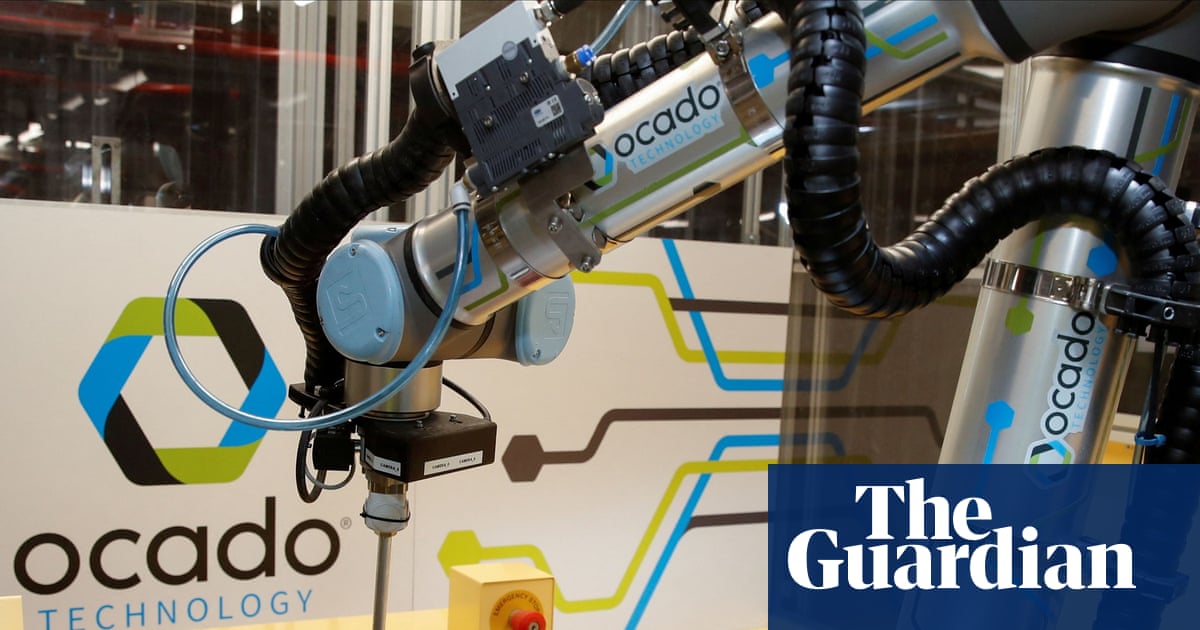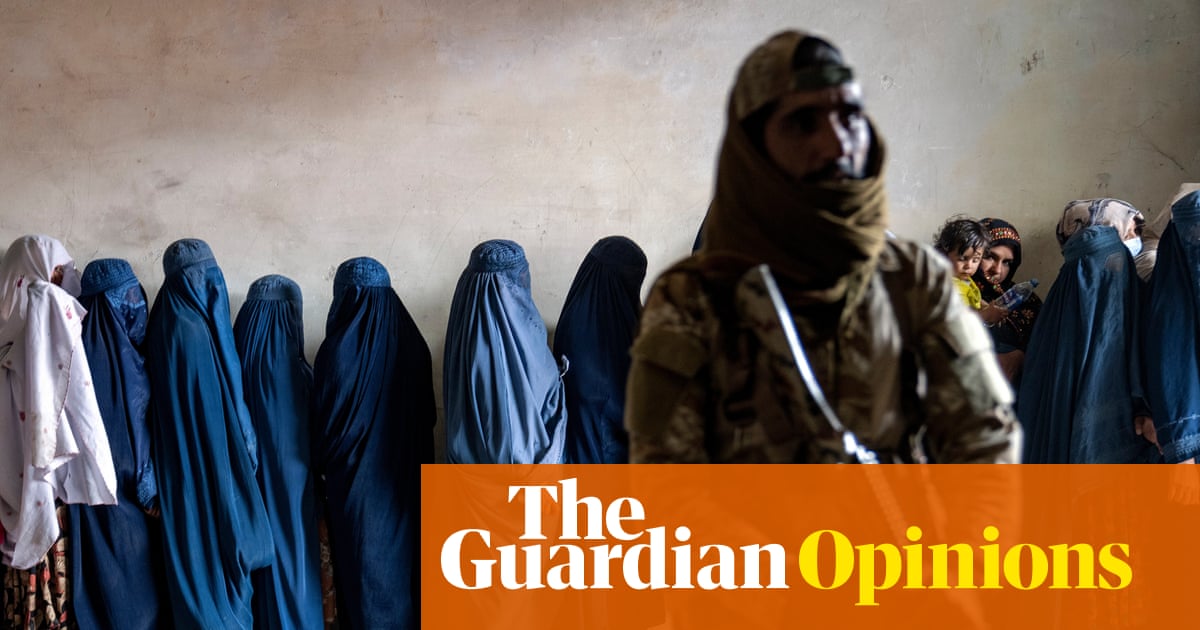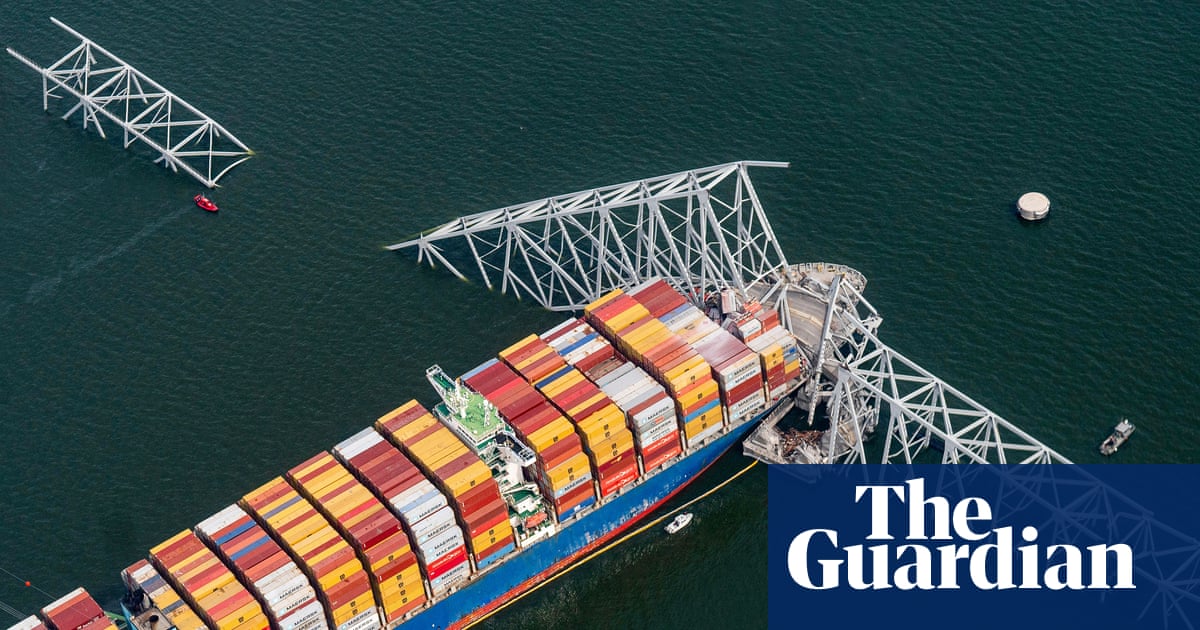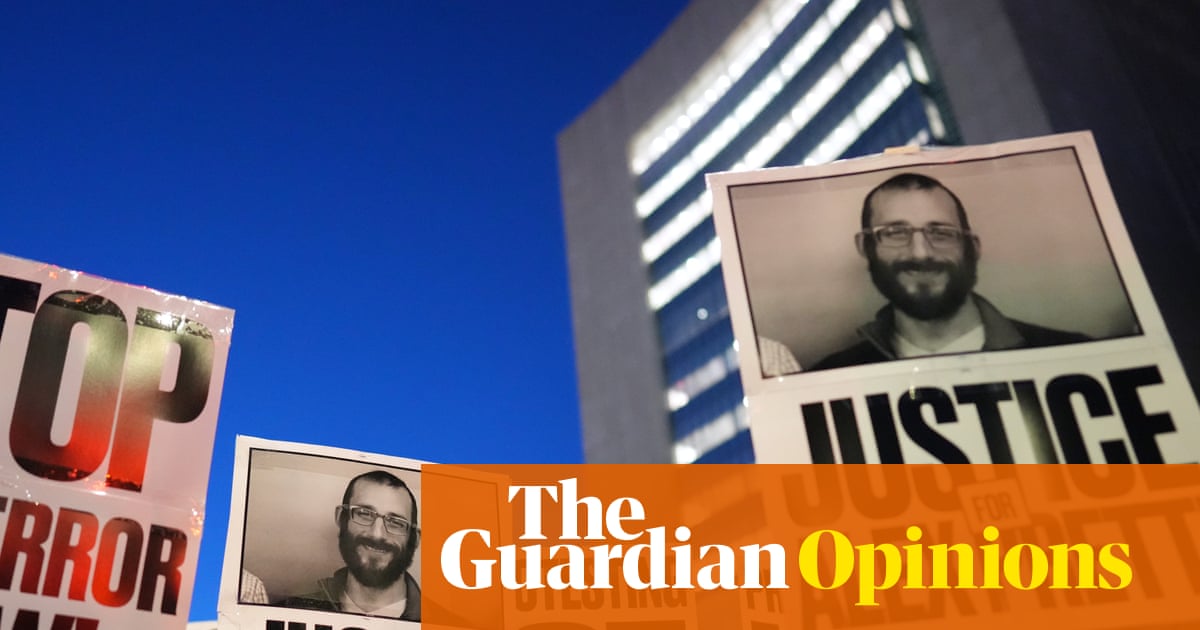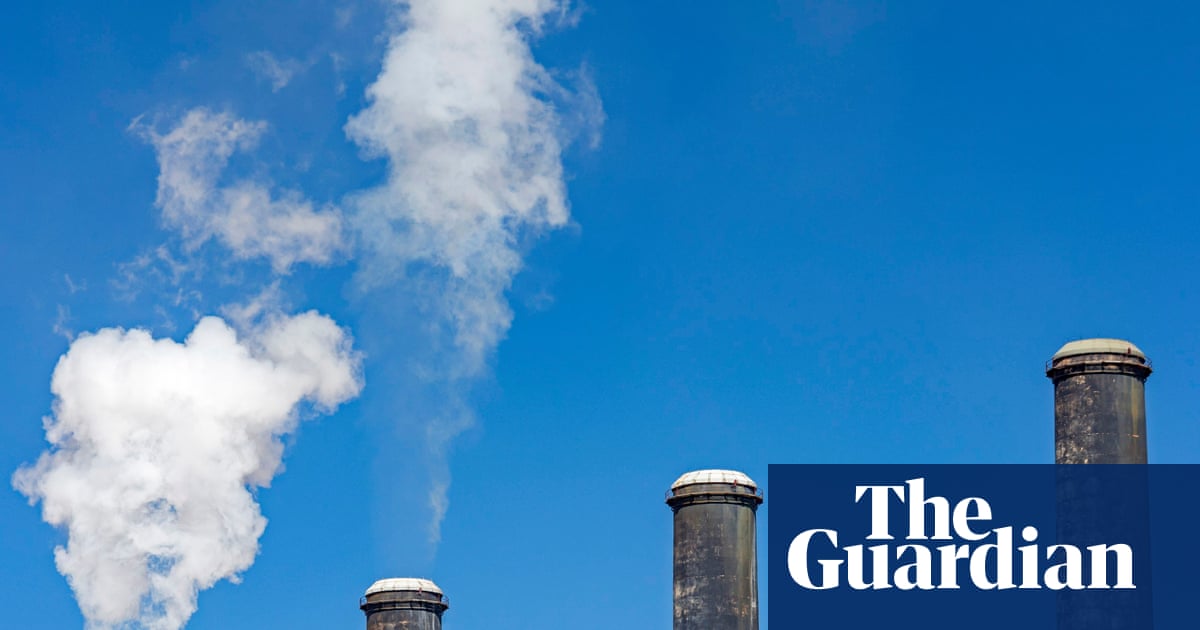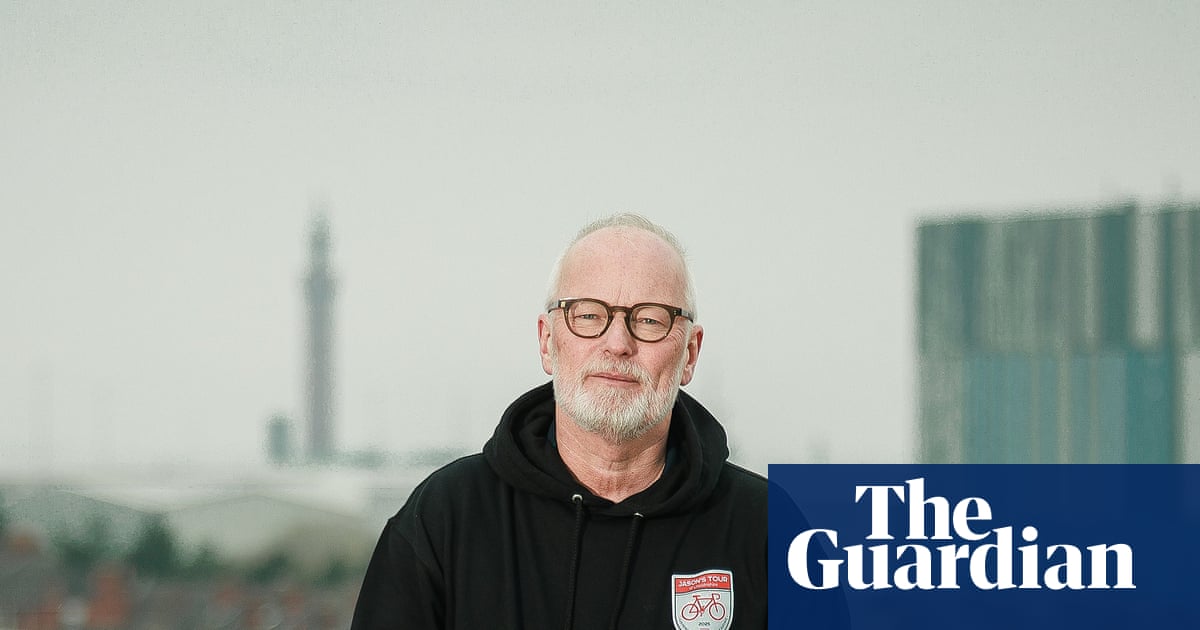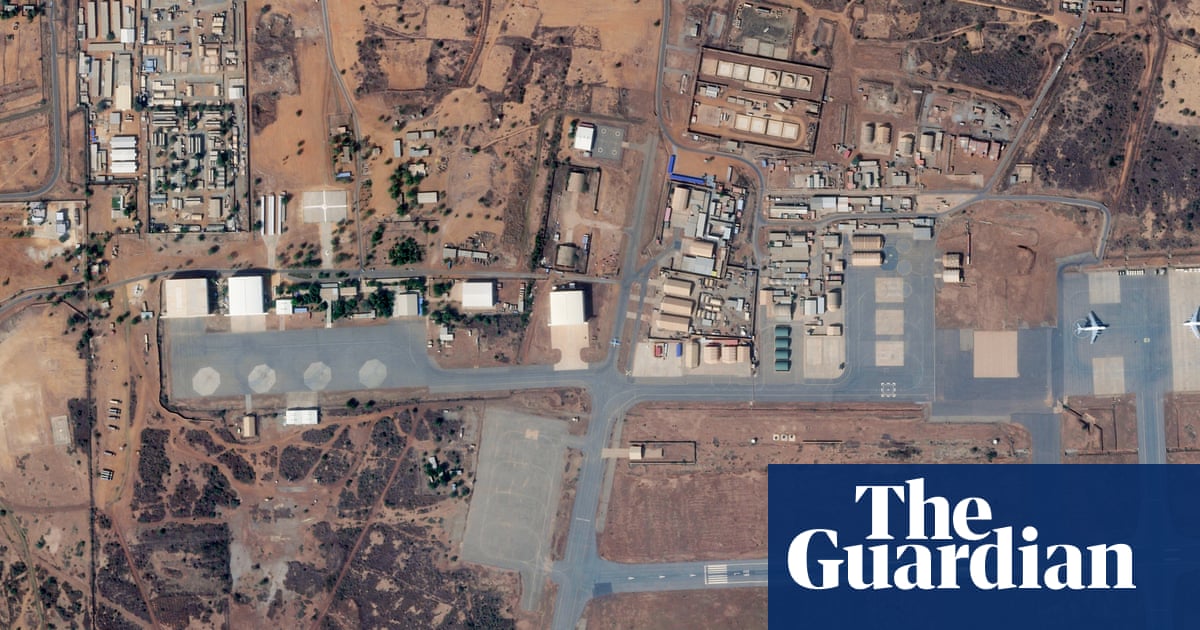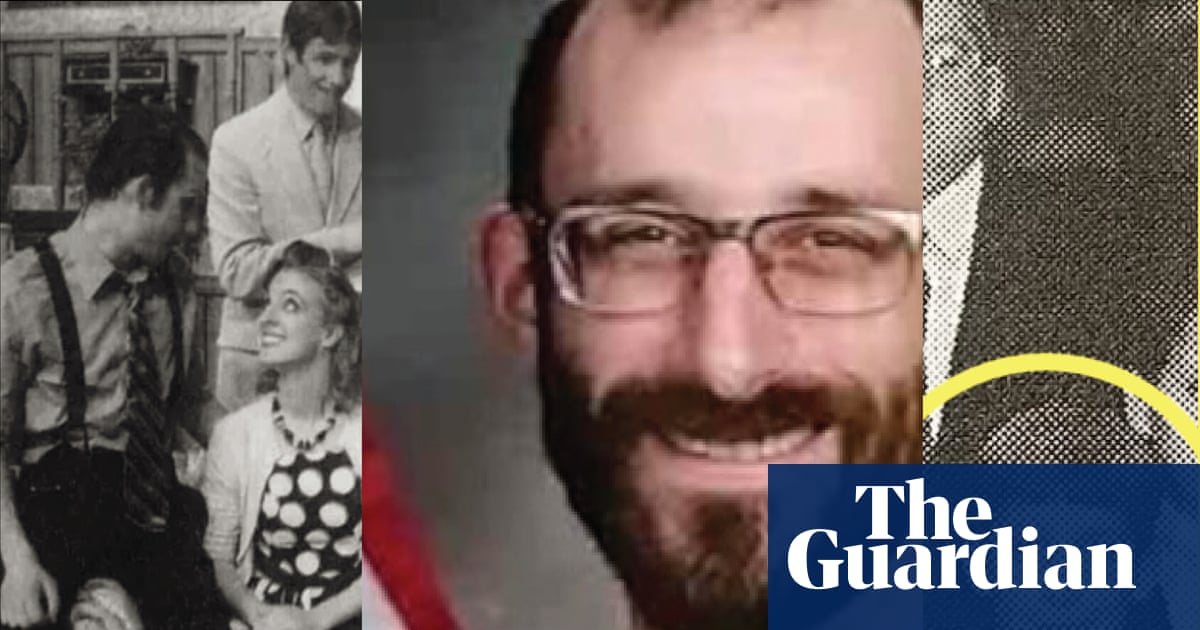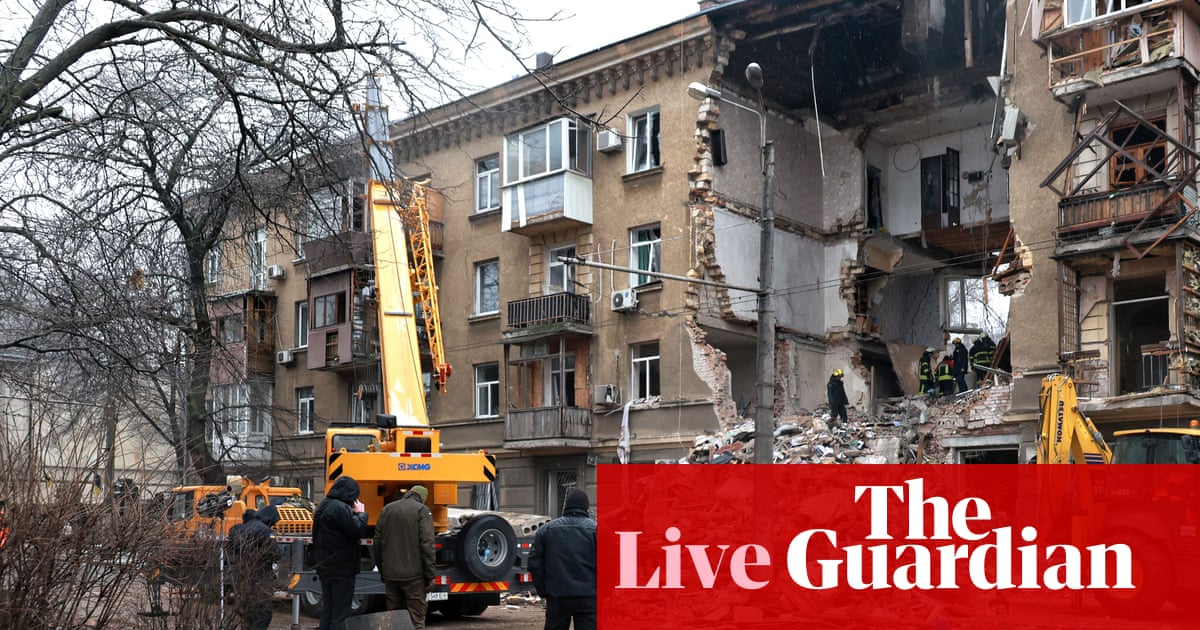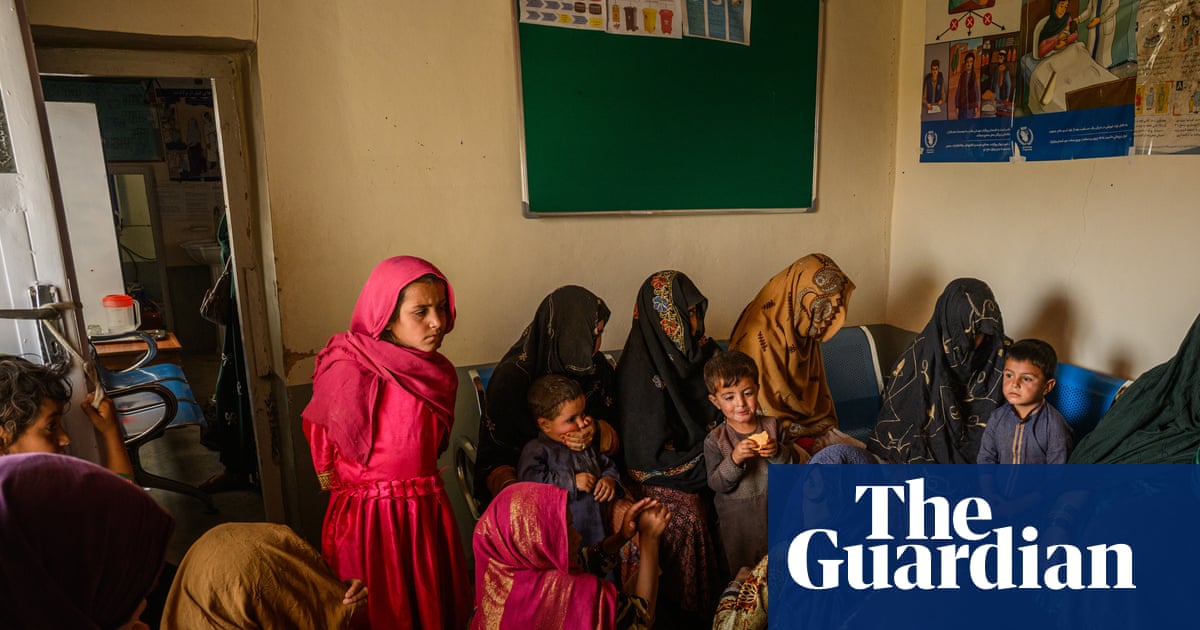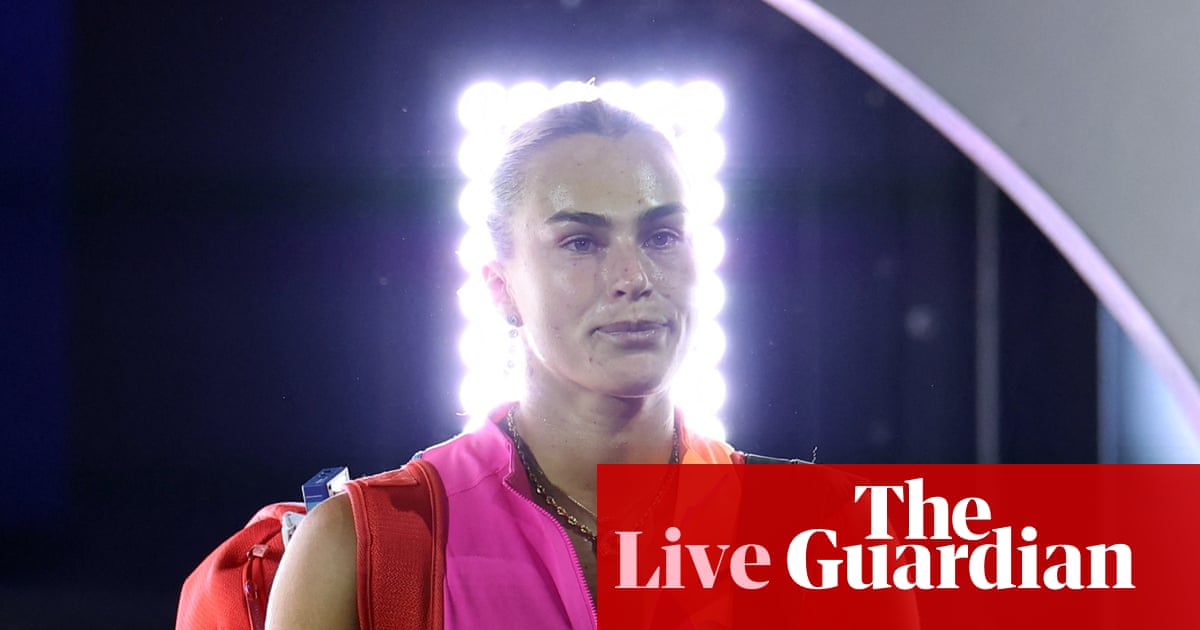The failure to limit global heating to 1.5C is a “moral failure and deadly negligence”, the UN secretary general has said at the opening session of the Cop30 climate summit in the Brazilian city of Belém.
António Guterres said even a temporary overshoot could “unleash far greater destruction and costs for every nation. It could push ecosystems past catastrophic and irreversible tipping points, expose billions to unliveable conditions, and amplify threats to peace and security”.
He said efforts to stabilise the climate were being held back by fossil fuel companies who were “deceiving the public and obstructing progress”.
Speaking to heads of state from more than 30 nations, Guterres called the target of limiting global heating to 1.5C above preindustrial levels a “red line” for a habitable planet and urged his audience to bring about a “fundamental paradigm shift” so that the effects of the overshoot could be minimised.
“Every fraction of a degree higher means more hunger, more displacement, more economic hardship and more lives and ecosystems lost. Each year above 1.5C will hammer economies, deepen inequalities and inflict irreversible damage – with developing countries that did least to cause it hit hardest. That is not solidarity. It is moral failure – and deadly negligence,” he said.
On Thursday the World Meteorological Organization confirmed that greenhouse gas emissions, which are heating the planet, had risen to a record high. It said 2025 was on track to be the second or third warmest year ever recorded. All of the 10 hottest years in measured history have been in the past decade.
Guterres said there had been some progress but it was not fast enough. Many nations had put forward more ambitious plans to cut emissions. If they were fully implemented, he said, the world would be on a pathway to about 2.3C of global warming.
This forecast leaves the planet in dangerous territory but is considerably better than seemed possible 20 years ago. This is largely thanks to international support for the 2015 Paris agreement and a clean energy revolution that is gathering pace. But several powerful nations are stepping away from climate action as far-right nationalism takes hold, particularly the United States.
Guterres said the oil, gas and coal industries were holding back change. In his fiercest criticism yet, he said these companies commanded vast subsidies and political support and used them to the detriment of everyone else.
“Spending billions on lobbying, deceiving the public and obstructing progress. This is not just shortsighted. It is self-destructive. A bet in fossil fuels is a bet against humanity – and against your own economies. Every dollar poured into subsidies for fossil fuels is a dollar diverted from our health and shared future,” he said.
The summit – and next week’s Cop30 conference – takes place in turbulent times. Much of the world is distracted by war and the US is leading an attack on efforts to build international collaboration to deal with shared global problems.
after newsletter promotion
Many nations have already been hit by climate disasters. Nations in the global south want the industrialised global north to provide support to adapt to ever more extreme weather and help them with energy transition, but financial commitments have so far fallen far short of the $1.3tn a year that was agreed at Cop29 in Baku. Guterres said developed nations must lay out a clear path to that goal.
Later on Thursday, Keir Starmer is expected to tell the summit that the UK is “all in” on tackling the climate crisis because it is a “win-win” for people and the economy that will reduce bills, create jobs and could be worth £1tn to the UK in five years.
The prime minister will take veiled aim at prominent figures, including Bill Gates and Tony Blair, who have urged a slowdown on climate action. In a robust rebuff to that attitude, he will say: “With some arguing this isn’t the time to act, and saying tackling climate change can wait, my question is this: can energy security wait too? Can billpayers wait? Can we win the race for green jobs and investment by going slow? Of course not.”
He will say: “You don’t protect jobs and communities by sticking with the status quo. You don’t meet a challenge like climate change by standing still. You do it by embracing change, embracing the opportunities, and doing so together.”

 2 months ago
42
2 months ago
42
